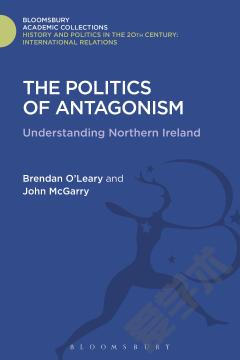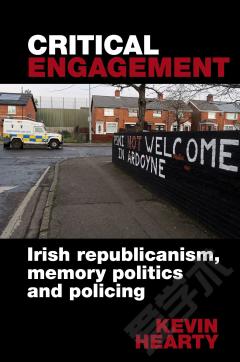Re-evaluating Irish national security policy —— Affordable threats?
----- 重新评估爱尔兰国家安全政策:负担得起的威胁?
On the afternoon of September 11 2001 the Irish Prime Minister (Taoiseach), Bertie Ahern ordered the âheads of the security services of key government departmentsâ to undertake a complete re-evaluation of measures to protect the state from attack. Hence, underway within hours of the 9/11 outrage in the United States was potentially the most far-reaching review of Irish national security in decades. This book, an academic investigation of Irish national security policy as it has operated since 9/11, provides a theoretically informed analysis of that re-evaluation and the decisions that were taken as a consequence of it up until September 2008. In so doing, it draws on unprecedented access to Ireland's police, security and intelligence agencies; over twenty senior personnel agreed to be interviewed. Questions are raised over the effectiveness of the Irish agencies, the relative absence of naval and airborne defence and the impact on national security of the policy imperative to transform the Defence Forces, particularly the army, for more robust missions overseas. The book also considers the securitisation of Irish immigration policy and the apparent absence of a coherent integration policy despite international evidence suggesting the potential for radicalisation in socially marginalised western communities. Theoretically, the book demonstrates the utility to the analysis of national security policy of three conceptual models of historical institutionalism, governmental politics and threat evaluation.
{{comment.content}}








 京公网安备 11010802027623号
京公网安备 11010802027623号